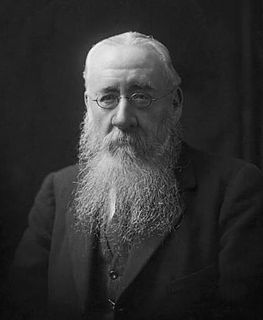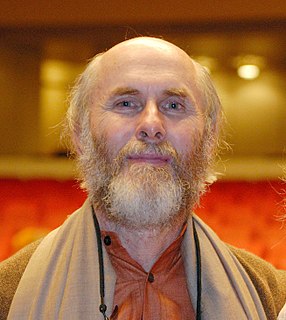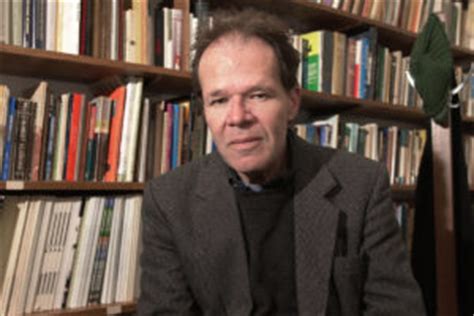A Quote by Raymond Queneau
One can easily classify all works of fiction either as descendants of the Iliad or of the Odyssey.
Related Quotes
The two greatest works of war mythology in the west ... are the Iliad and the Old Testament... When we turn from the Iliad and Athens to Jerusalem and the Old Testament we find a single-minded single deity with his sympathies forever on one side. And the enemy, accordingly, no matter who it may be, is handled... pretty much as though he were subhuman: not a "Thou" but an "It."





































